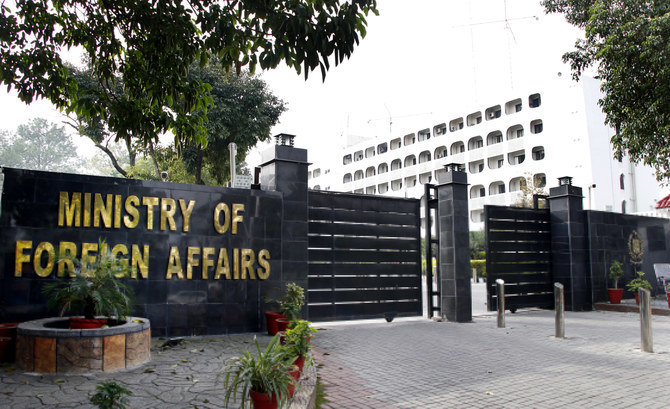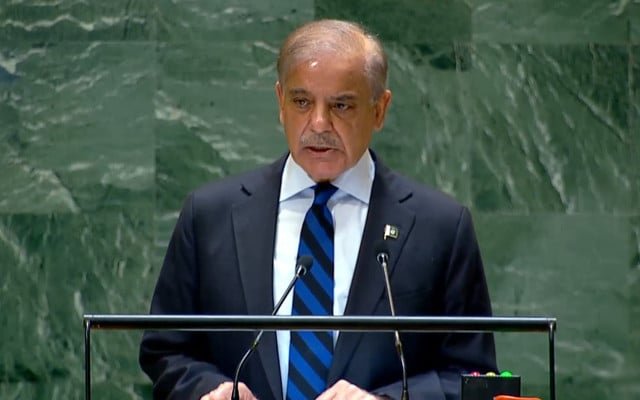Climate change is profoundly disrupting global economies in 2025, with extreme weather events costing an estimated $300 billion annually, according to the World Bank. Droughts, floods, and heatwaves are crippling agricultural yields, particularly in sub-Saharan Africa and South Asia, where food insecurity affects 20% of populations. Rising sea levels threaten coastal infrastructure, with cities like Miami and Jakarta facing relocation costs in the billions. Insurance markets are strained as claims surge, while energy transitions struggle against fossil fuel dependence.
Developing nations, contributing least to emissions, bear disproportionate economic burdens, exacerbating global inequality. Green technology investments, though growing, face scalability challenges amid geopolitical tensions over resource access. Economists urge coordinated global policies, including carbon pricing and adaptation funding, to mitigate impacts. Without urgent action, climate-driven economic disruptions risk pushing 130 million people into poverty by 2030, reshaping global trade and investment landscapes.
















